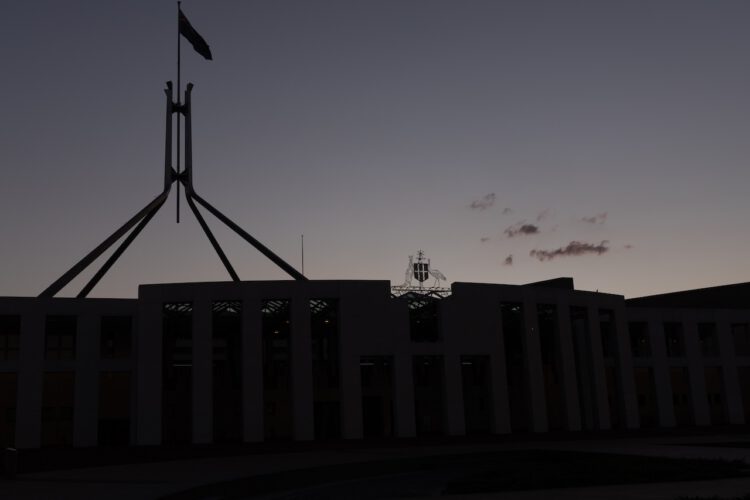Linda Burney criticises the Coalition for 'politicising anti-Semitism'
Federal treasurer and Queenslander, Jim Chalmers is also asked about the north Queensland flooding.
There is a habit among interviewers and politicians to speak about the “resilience” of Queenslanders when it comes to natural disasters, because, let’s face it, the state is no stranger to Mother Nature’s moods. But there is very rarely talk of ‘what are you doing to stop this” (hint: the answer includes stopping fossil fuel use) even though it should be the ONLY question.
What is often forgotten in the climate back and forth is that we are trying to stop it from getting any worse. The horrific climate disasters we have seen over the last few years – the Black summer bushfires in Australia, the fires and flooding in Europe, the most recent LA fires – that is not going to stop. That’s the new standard, we can’t wind back the clock there. The point of climate action is to stop it getting any worse than what we are ALREADY seeing.
But that’s not asked about enough. So Chalmers is asked what the plan is for communities to recover from these most recent floods. He tells ABC News Breakfast:
It’s true that I think Queenslanders in particular, but right around Australia, people are no strangers to these sorts of natural disasters, unfortunately. They are becoming more frequent.
And that’s why we have tried to reorient funding, not just providing support for response and recovery, which we continue to do, but also investing in mitigation in some of the ways that you’re intimating in your question. There’s been more investment in mitigation. We’re always up for a conversation with the states and territories and local governments about how best we go about that but we have made more money available for that because in addition to responding, making sure people are safe, in addition to investing in communities, helping them recover and rebuild, we also need to make communities more resilient and that’s what we’re doing.
